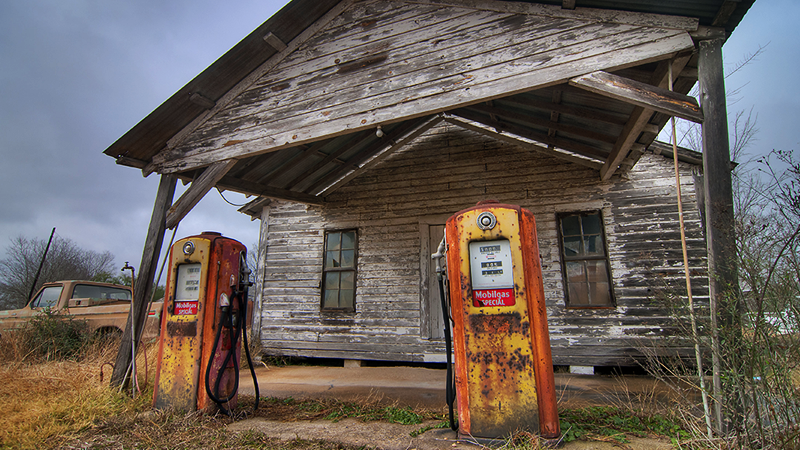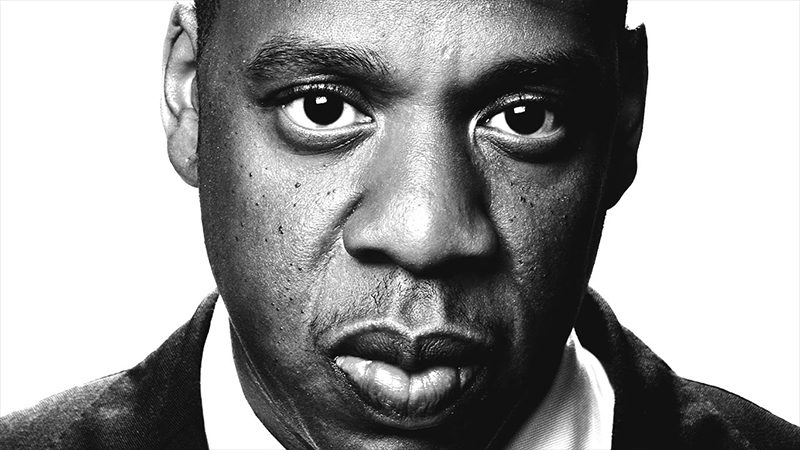The circle shrinks. As the years pass, older people attend too many funerals. Friendships that sustained them for decades lapse when companions and confidants retire or move away or grow ill.
These days Sylvia Frank, who moved into an independent living residence in Lower Manhattan in 2014, can email or call one longtime friend in Florida. Another, in Queens, is slipping into dementia and will most likely exclaim, “I haven’t spoken to you in months!” when, in fact, they talked the day before.
But even at advanced ages, new relationships take root. Ms. Frank’s son kept telling her that a colleague’s cousin, Judy Sanderoff, was about to move into the same facility. They sought each other out.
Now, Mrs. Frank, 91, and Ms. Sanderoff, 96, eat breakfast together almost daily; they have dinner, à deux or with other friends, many evenings. Ms. Sanderoff spent Thanksgiving with Ms. Frank’s family in Brooklyn.
Together, they have signed up for bus trips to the Museum of Arts and Design, to historic sites in Harlem, to a Pennsylvania casino. With Ms. Frank speaking into her friend’s good ear, they talk about news, politics and their families.
When Ms. Frank didn’t come downstairs for breakfast one recent morning, Ms. Sanderoff was on the phone to ask why. For her part, Ms. Frank (sounding as if Neil Simon writes their dialogue) has been scrutinizing her friend’s diet.
Ms. Frank: What’s the point of taking blood pressure medication if you’re going to douse everything in salt?
Ms. Sanderoff: So don’t look.
But seriously. “At this age, it’s said you make acquaintances,” Ms. Sanderoff told me. “But I feel I’ve made a true friend in Sylvia.”
I’ve been talking, in this season of auld lang syne, with older people who have formed friendships late in life. Though they mourn their losses, they are grateful for the capacity to still find warmth, shared values and interests, understanding and trust from former strangers.
“The need we’ve had our entire lives — people who know us, value us, who bring us joy — that never goes away,” said Barbara Moscowitz, senior geriatric social worker at Massachusetts General Hospital.
The way we prioritize friendships may evolve. Laura Carstensen, a Stanford University psychologist, developed an influential theory called “socioemotional selectivity”: As people sense their remaining time growing brief, they shed superficial relationships to concentrate on those they find most meaningful.
“They invest more in their remaining connections,” said Gary Kennedy, director of geriatric psychiatry at Montefiore Medical Center. “They optimize friendships, rather than try to maximize them.”
A tide of recent research underscores the importance of such bonds. Social isolation and loneliness can take a serious toll on elders, psychologically and physically. (Over 75, almost a quarter of men and nearly 46 percent of women live alone, the Census Bureau reports.)
We can understand the risks of isolation and an underpopulated, disconnected life. “For a host of reasons, no one is addressing the individual’s daily needs — food, medication, medical appointments,” Ms. Moscowitz explains. “The refrigerator is empty, but there’s no one to call. People suffer despair, humiliation.”
They also suffer higher mortality rates and increased risk of depression, cognitive decline and illnesses like coronary artery disease.
But people who aren’t isolated can still feel lonely, a more subjective state. “My friends moved to Florida and California and said, ‘Come visit!,’ ” said Shelley Youner, 79, who recently moved into the Hebrew Home in Riverdale, in the Bronx. (More dialogue by Neil Simon.) “I could have heard from President Obama sooner than my friends.”
Loneliness brings its own dangers; studies have shown associations with higher blood pressure, with nursing home admissions, with risky health behaviors like inactivity and smoking, and with dementia.
Researchers at the University of California, San Francisco, followed 1,600 participants (average age: 71) and found that those who reported loneliness were more likely to develop difficulties with activities of daily living. Even when the study controlled for socioeconomic status and health, the lonely had higher mortality: Nearly 23 percent died within six years, compared with 14 percent of those who weren’t lonely.
It’s heartening, therefore, to hear Ms. Youner kvell about her new friend, Shirley Zweibel, 87.
“We’re constantly having a conversation,” Ms. Youner said.
“Shelley can’t stop talking, that’s the reason,” Ms. Zweibel bantered. But, she added: “When you’re a kid and say you have a friend, you don’t even know what that means. At this age, it goes deeper.”
In fact, older adults have probably developed important relational skills, said Rosemary Blieszner, distinguished professor of human development at Virginia Tech and a longtime friendship researcher.
“They’re pretty tolerant of friends’ imperfections and idiosyncrasies, more than young adults,” she said. “You bring a lot more experience to your friendships when you’re older. You know what’s worth fighting about and not worth fighting about.”









